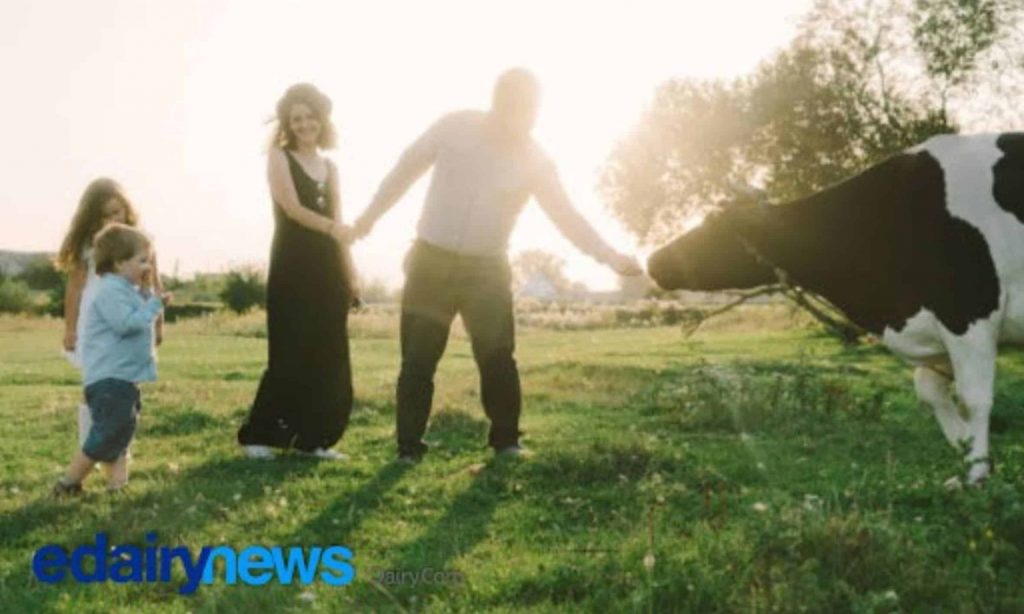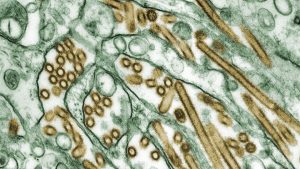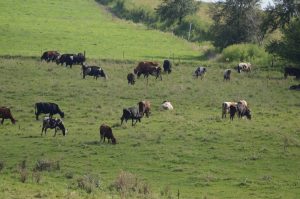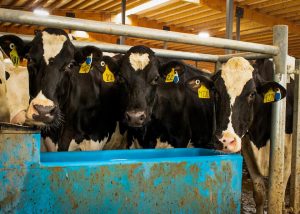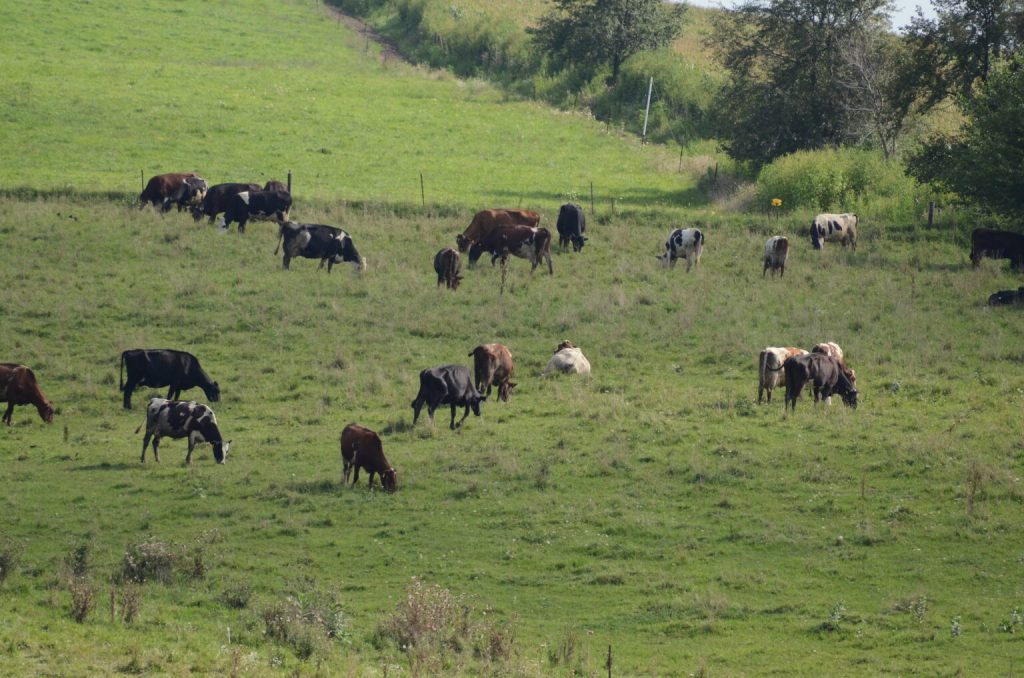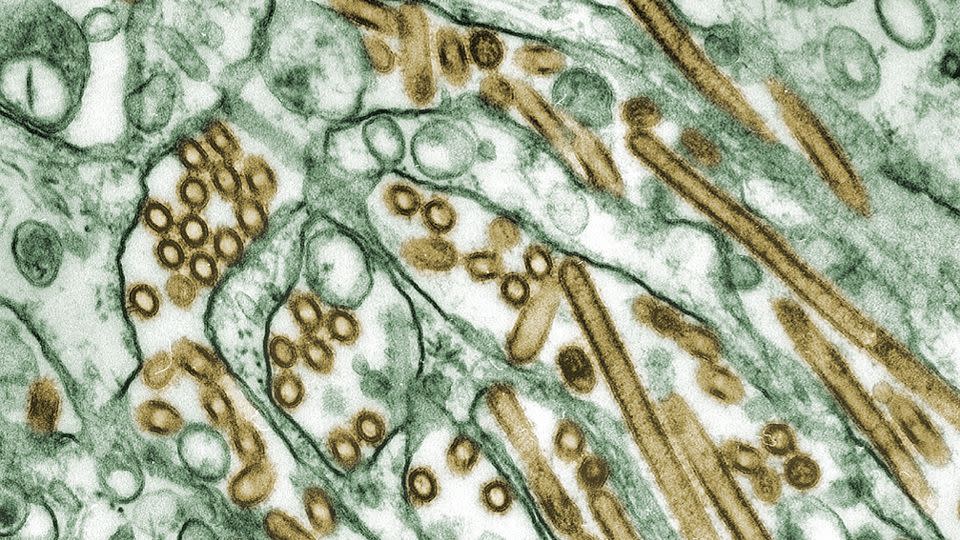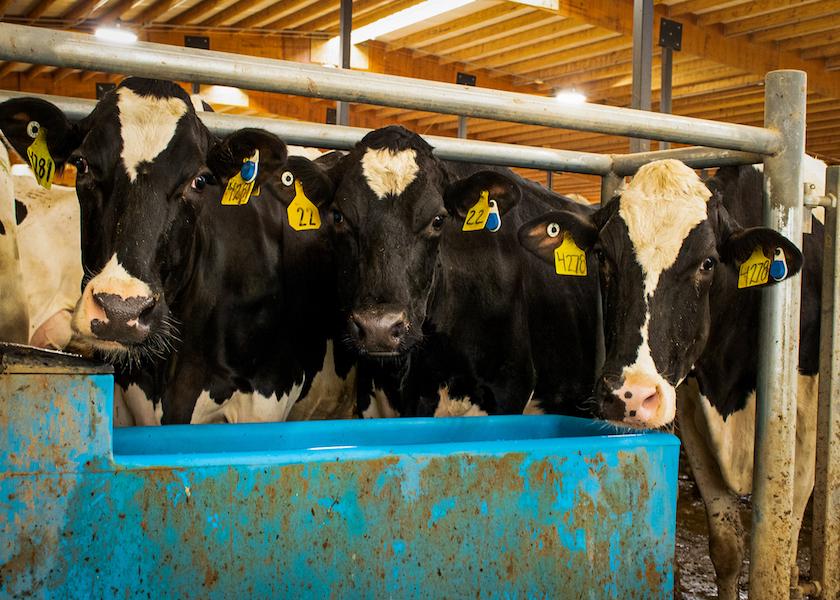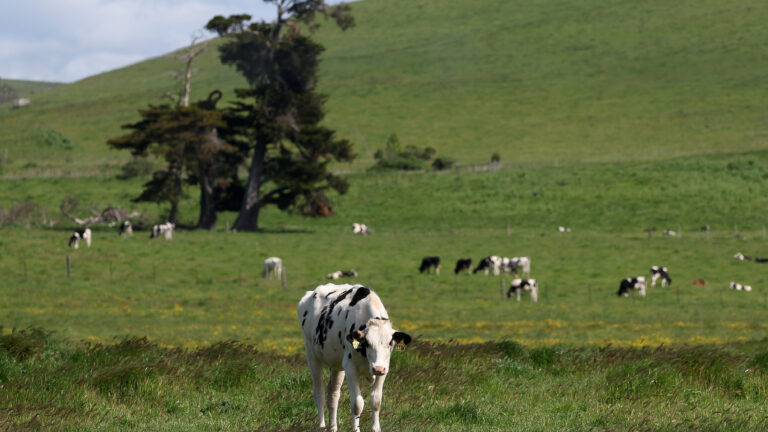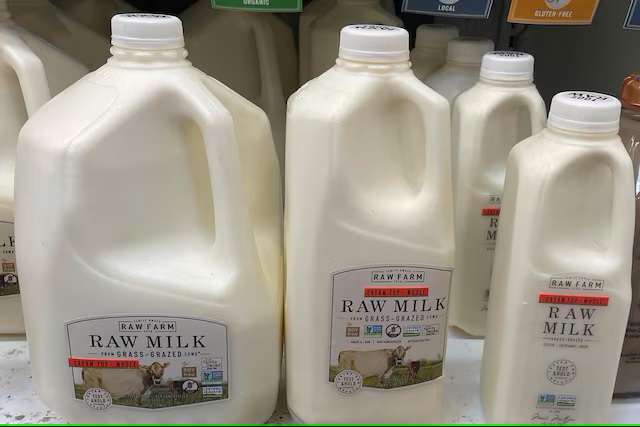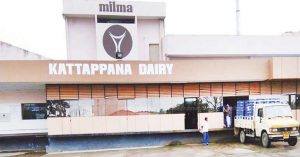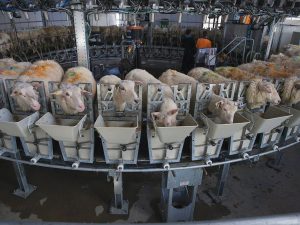Last week I told you, in a very shocking and controversial article, about the high suicide rate among farmers in Australia.
Some people here, literally from the other side of the world, found it even strange, and we did not hesitate to show the data. In the hustle and bustle of productive life, there is little time left to think about how we feel, and to identify how the things that hit us are making a dent in our psyche, to the point of reaching unthinkable depths.
One of the things that relentlessly hits food producers is the accusing finger that holds them responsible for mistreating animals and damaging, as if they were unscrupulous monsters, our life on planet earth.
Animal welfare activists are focusing their attention on the dairy industry.
⚠️ En Australia un productor #lechero se suicida cada 10 días:
El #clima o los desastres naturales (47%), el estrés financiero (36%), la #inflación y las presiones de costos (35%), son alguna de las causas…
? Lee a @apasionagro en EDN: https://t.co/ii4kYNK5kv pic.twitter.com/ucm5HxBxeh
— eDairy News.es (@eDairyNewsEs) April 17, 2023
While there may be a minority who oppose it, the dairy industry still remains an important economic contributor to the industrial and commercial sectors. But, there is concern about the exploitation of cows, and animal welfare in general.
According to activists, cows are artificially inseminated against their will, and after calving, separated from their calves. They live on concrete floors, which causes them to suffer, and while some farmers may treat their cows with more consideration than others, activists claim that there is no such thing as cruelty-free milk.
Humans and animals are different species
With different behavioral systems and attachment patterns, humans have a much more complex cognitive and emotional capacity than most animals, meaning that their relationships and emotional bonds are much more intricate.
Human infants and their mothers have an emotional and physical dependence, which develops through early contact and feeding. This bond is based on recognition of their mother’s voice, smell and touch.
In animals, in this case dairy cows, the bond between mother and child is based on instinct and survival. Between them, separation is a natural process.
This does not mean that animals do not experience emotions, but the separation of a human baby and mother is a different process of behavioral patterns and emotional bonding.
We love our cows
Dairy farmers generally take pride in their treatment of their cows and make it clear that hidden camera videos from activist groups, which pop up from time to time, do not represent the norm.
I was set up to talk about dairy by a horrendous woman who said barbaric things about dairy farming in books and conferences that I found so appalling that I couldn’t believe anything, and I felt the need to come out and tell the truth. That of which, until then, I had no proof but also no doubts.
As I have always been aware of the damage done by those who, from influential places, speak without knowing, I started to study dairy production. In the process I met many producers who transmitted me their love for their work (impossible to be immune to such passion), in that love comes the care, respect and compassion for their animals.
And I also learned that a cow that is poorly treated, sick, uncomfortable, does not produce at the necessary levels to be profitable. Animal welfare and dairy are in the same definition.
To serve you
It is difficult to determine whether production animals would survive without human intervention, because they have been bred for generations to live and grow on farms rather than in the wild.
Humans provide them with a secure livelihood, food, water, shelter and veterinary care. Farmers of production animals work to improve their living conditions and ensure that they are treated with respect and consideration at all times.
Today it is a trend, and a very good one, for consumers to evaluate the way in which the food they choose is produced, and for their decisions to be informed and based on science and animal welfare.
The bad news is that not infrequently they are influenced by a barrage of information from unreliable sources that present themselves as the irrefutable owners of the truth… a rather rigged truth.
Activists argue that cows in the dairy industry are “slaves” and that milk production is plain and simple exploitation in the worst sense of the word, based on the misconception that cows have a conscience and sense of identity similar to humans.
Humane animals
Humanizing production animals, projecting our own emotions onto them, can lead us to erroneous conclusions and to making political and economic decisions that determine people’s lives with prejudice instead of scientific evidence, which has negative consequences for the economy and society in general.
It also has negative consequences for the people who dedicate their lives to food production.
For example, the hindrance of dairy production generates job losses and a decrease in the production of foods of high nutritional value, with a consequent negative impact on food security.
Any decision making, which influences people’s lives, must be based on scientific evidence and a balanced approach to address each problem.
Instead of demonizing the animal production industry such as dairy, and leveraging ideologies, solutions should be sought that balance animal welfare with economic sustainability and food security.
Consuming dairy products is good for you… and producing them is a noble task that should be exalted.
Have you had your glass of milk today?

